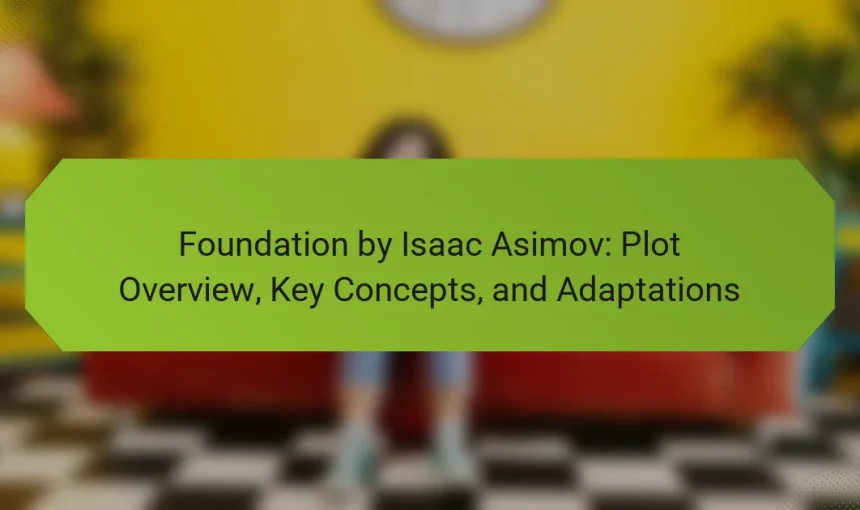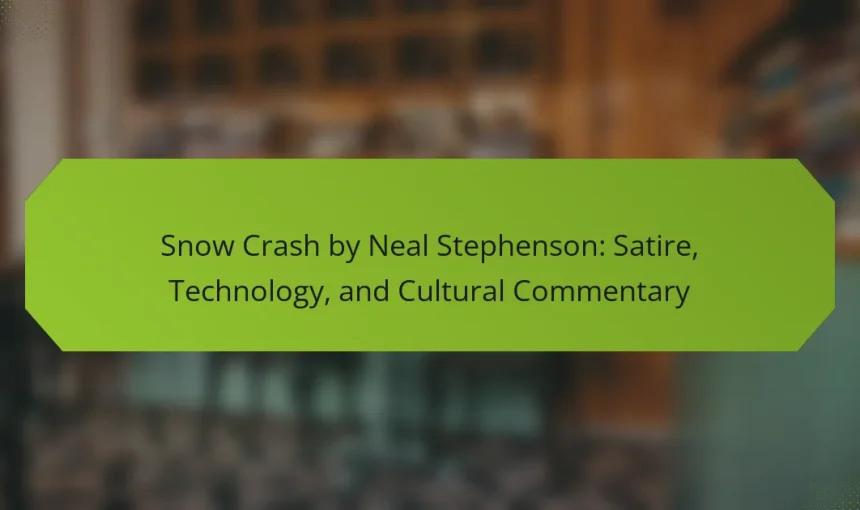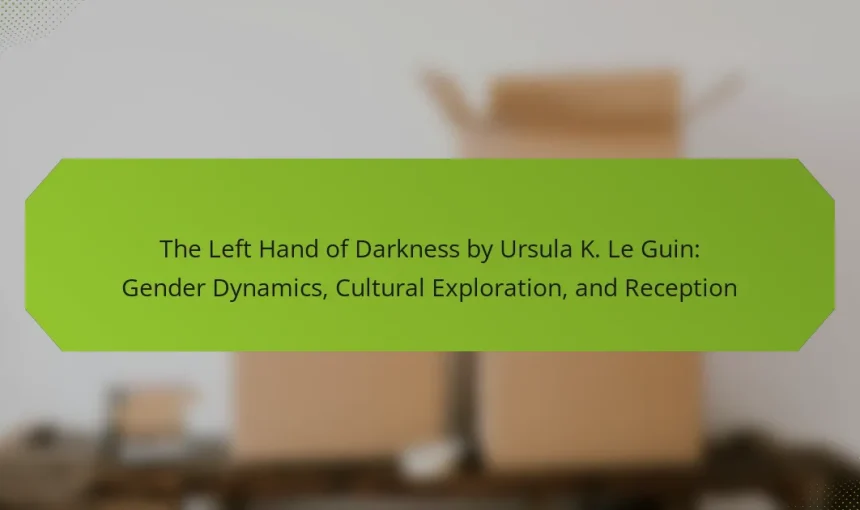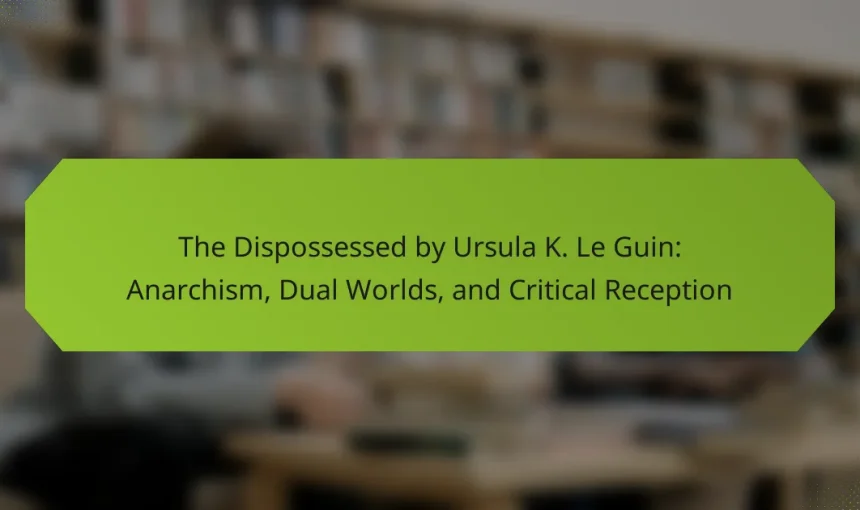Exploring the intricate narrative of “Hyperion” by Dan Simmons reveals its complex structure, diverse characters, and profound philosophical themes. The novel’s layered storytelling intertwines multiple character perspectives, each reflecting unique existential dilemmas. Key characters embody distinct themes, such as faith, violence, and creativity, while the overarching narrative delves into concepts like time, free will, and […]
Isaac Asimov’s “Foundation” delves into the complexities of civilization’s rise and fall. The article covers the plot overview, key concepts like psychohistory, and notable adaptations, including the Apple TV+ series. It highlights the cyclical nature of history and the importance of knowledge preservation in shaping the future. Additionally, it addresses common misconceptions surrounding the series […]
Snow Crash by Neal Stephenson critiques consumerism, media influence, and corporate control in a hyper-commercialized society. The novel explores the impact of technology on identity through the Metaverse and highlights the dangers of miscommunication. It also examines cultural commodification and the erosion of genuine human connections. Additionally, the characters embody themes of resistance and the […]
“The Left Hand of Darkness” by Ursula K. Le Guin challenges conventional gender norms and explores fluidity in identity. The novel examines cultural dynamics, political structures, and the impact of societal norms on personal relationships. It has garnered critical acclaim for its innovative narrative and lasting influence on feminist literature. The reception of the work […]
Dune by Frank Herbert offers insights into power dynamics, ecological themes, and complex character relationships. The novel’s exploration of imperialism and resource exploitation shapes its narrative. Key characters like Paul Atreides and Baron Harkonnen embody the struggles for control and destiny. Herbert’s intricate world-building highlights the significance of the desert planet Arrakis and its vital […]
Neuromancer by William Gibson is a seminal work that explores advanced technology, dystopian settings, and anti-hero protagonists. It significantly influenced modern science fiction through its depiction of artificial intelligence and digital landscapes. The novel employs unique narrative techniques and features compelling characters that embody themes of technology and identity. Its legacy continues to shape narratives […]
Ursula K. Le Guin’s “The Dispossessed” explores the complexities of anarchism and societal structures. It contrasts the anarchist world of Anarres with the capitalist society of Urras. The narrative critiques both systems while highlighting themes of freedom and oppression. Its critical reception underscores its significance in feminist and political discourse within science fiction. How does […]






